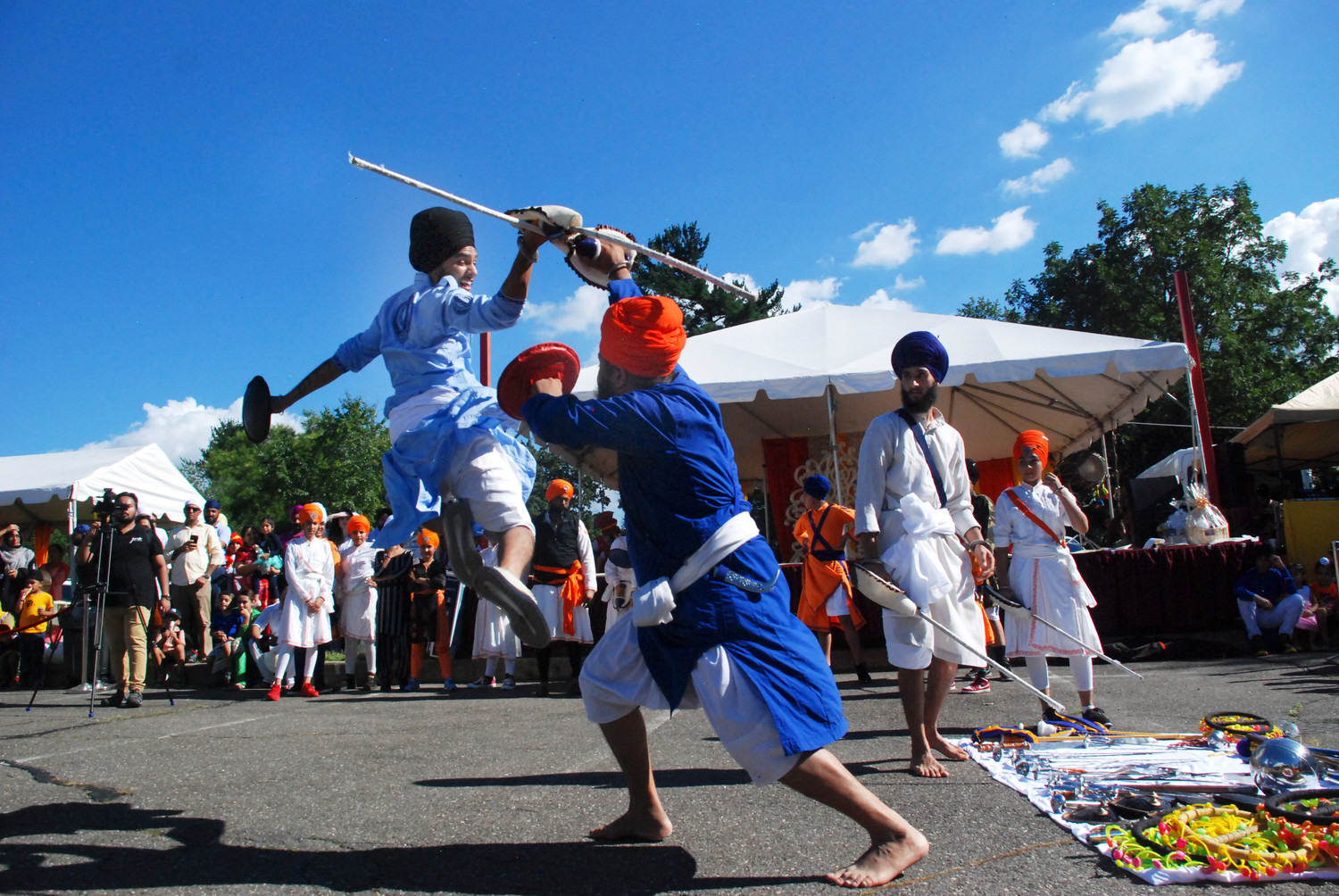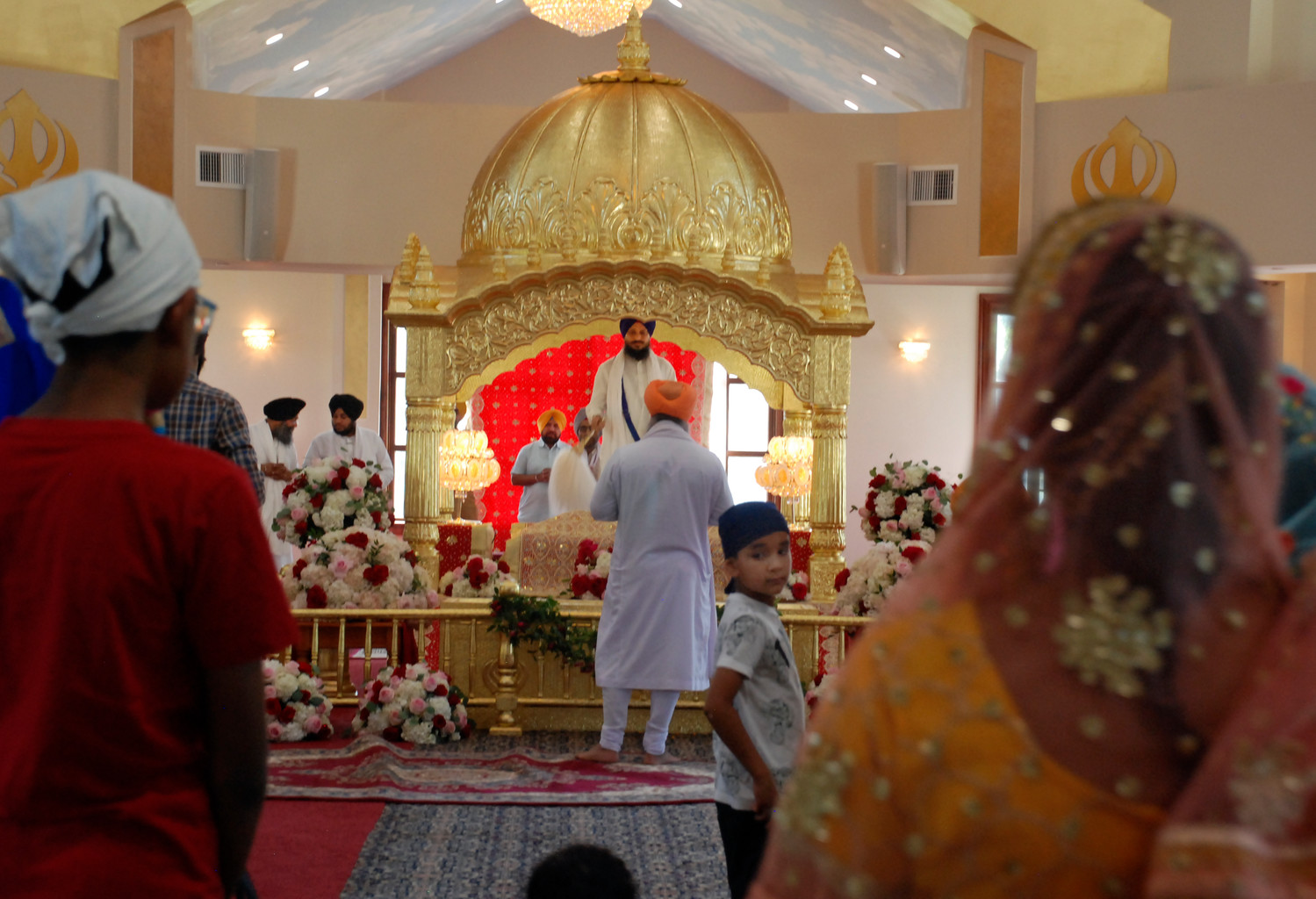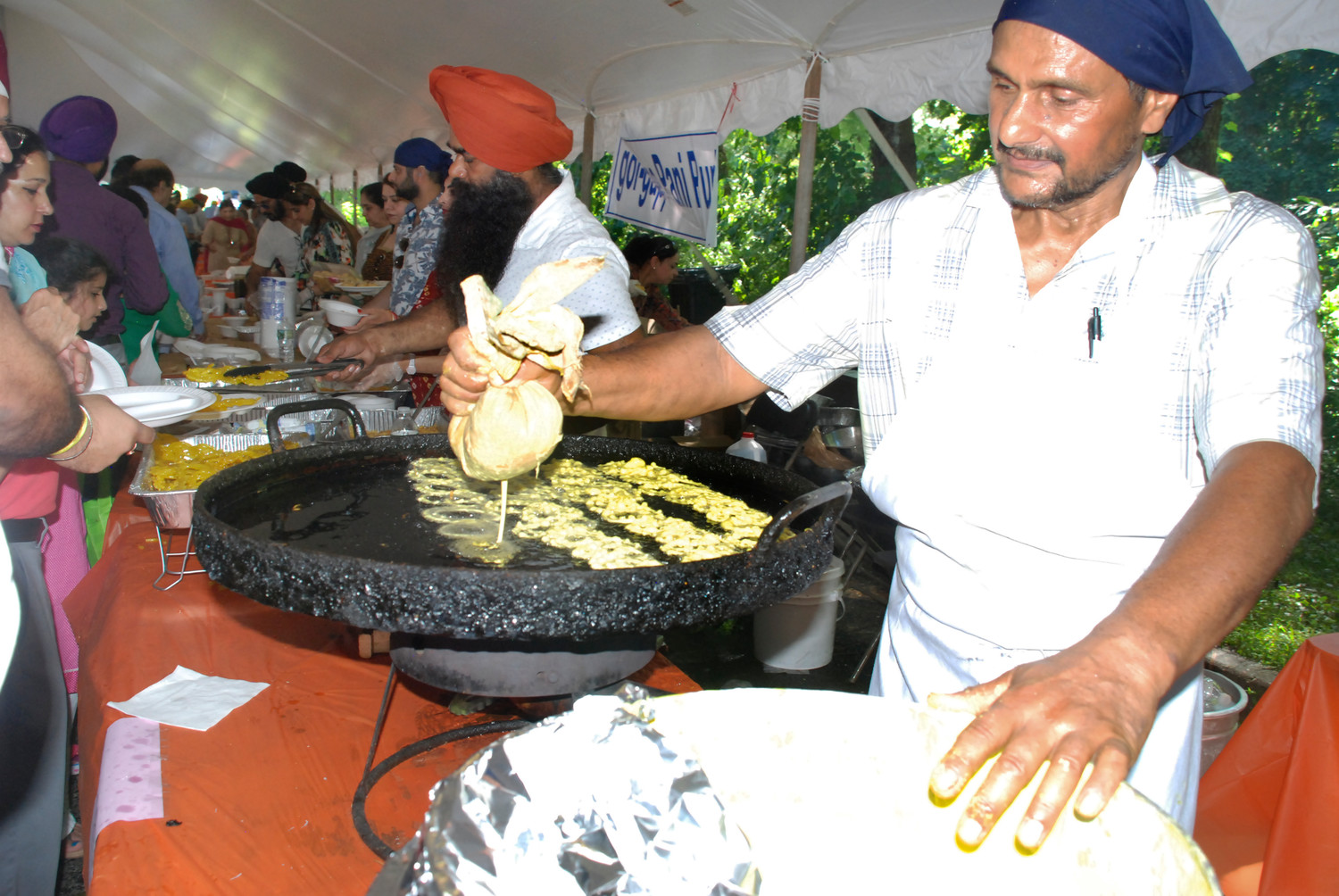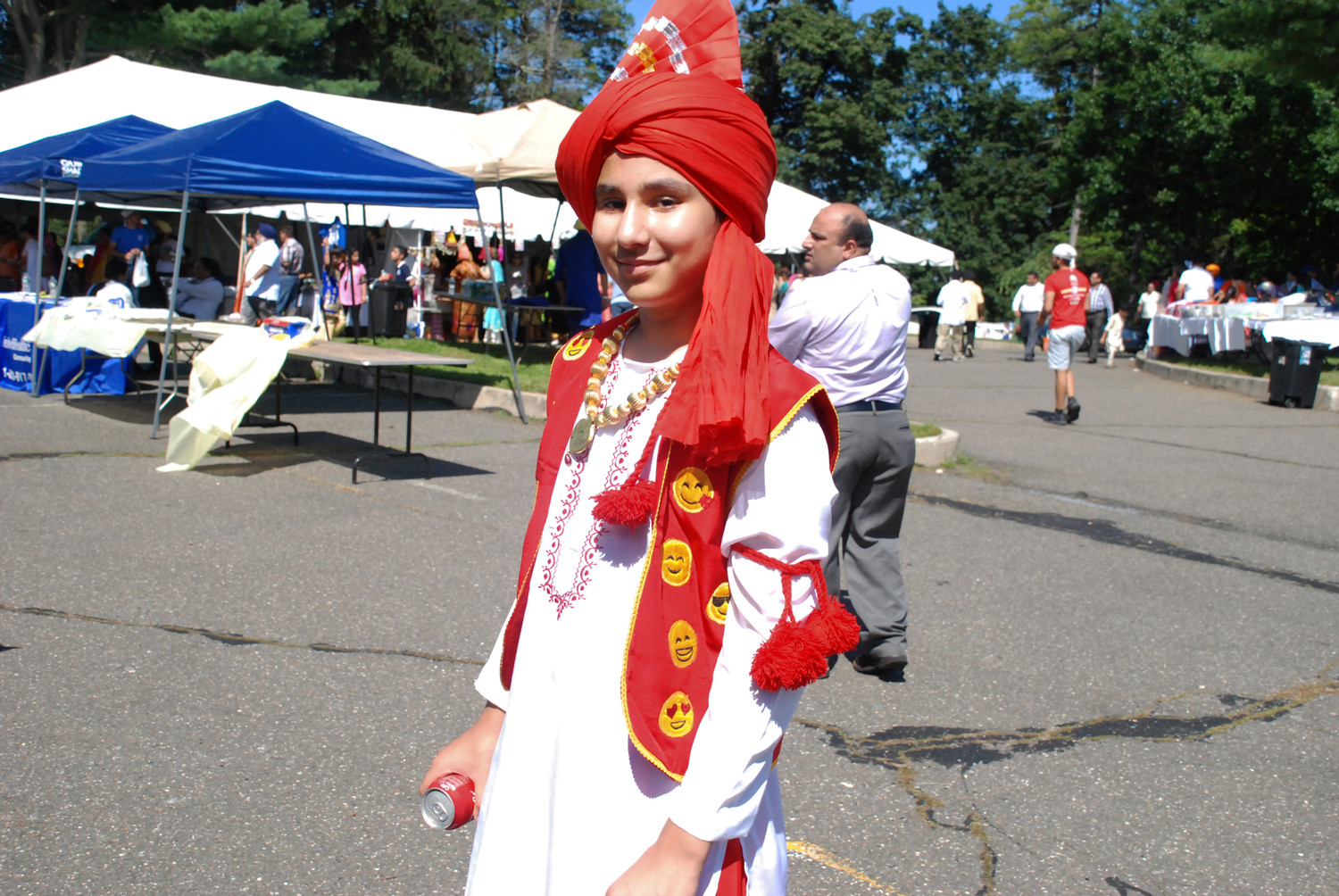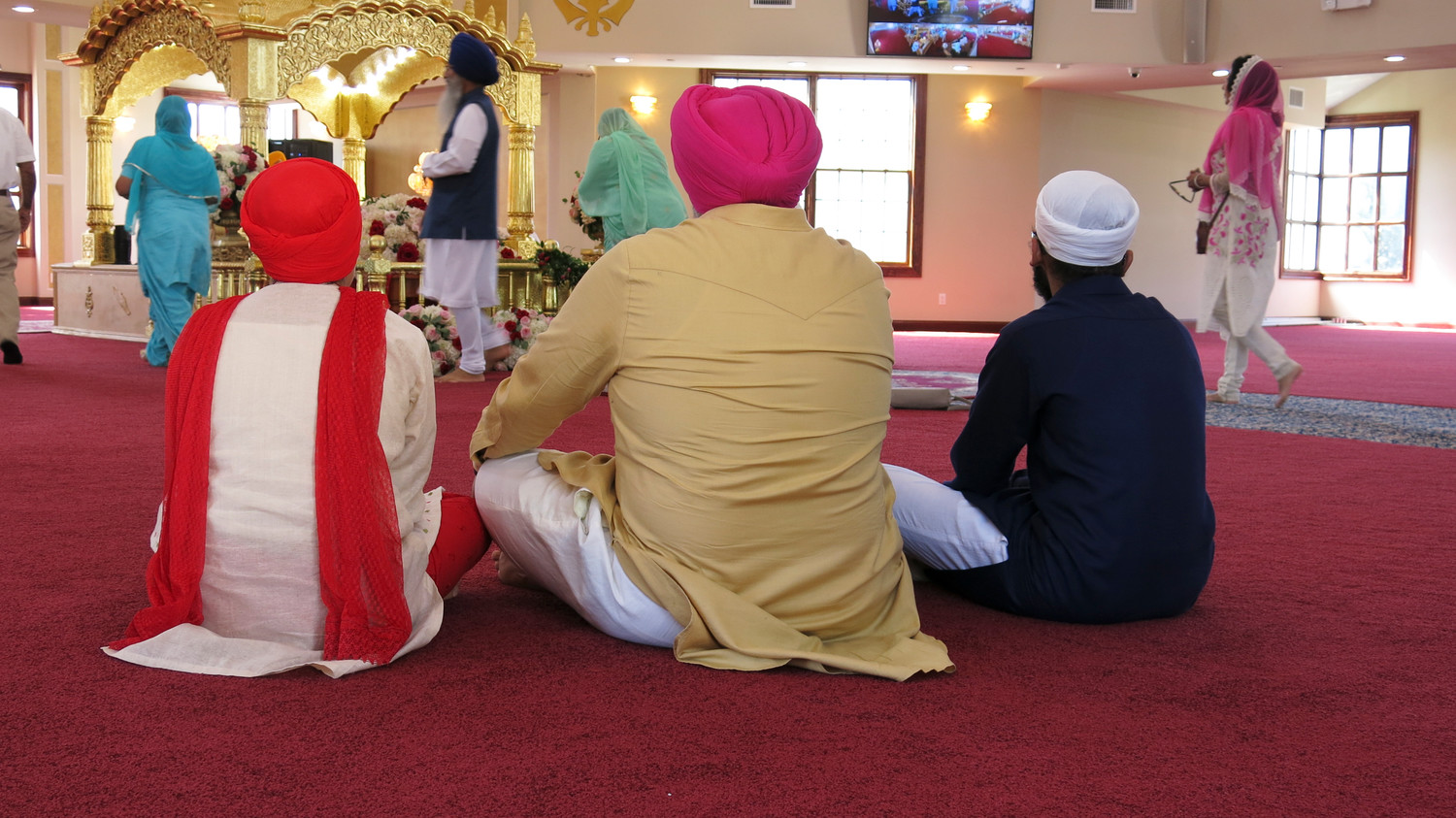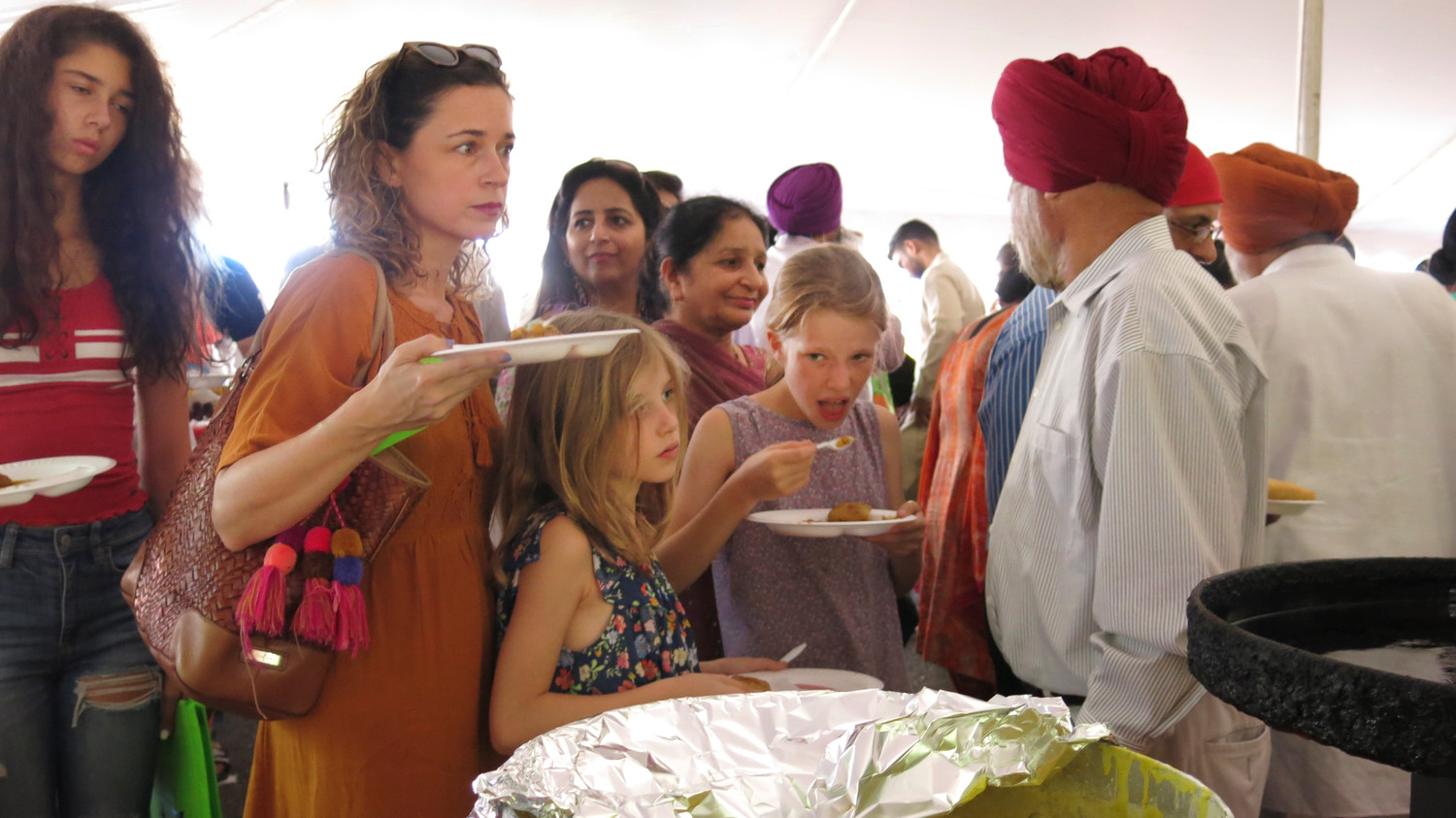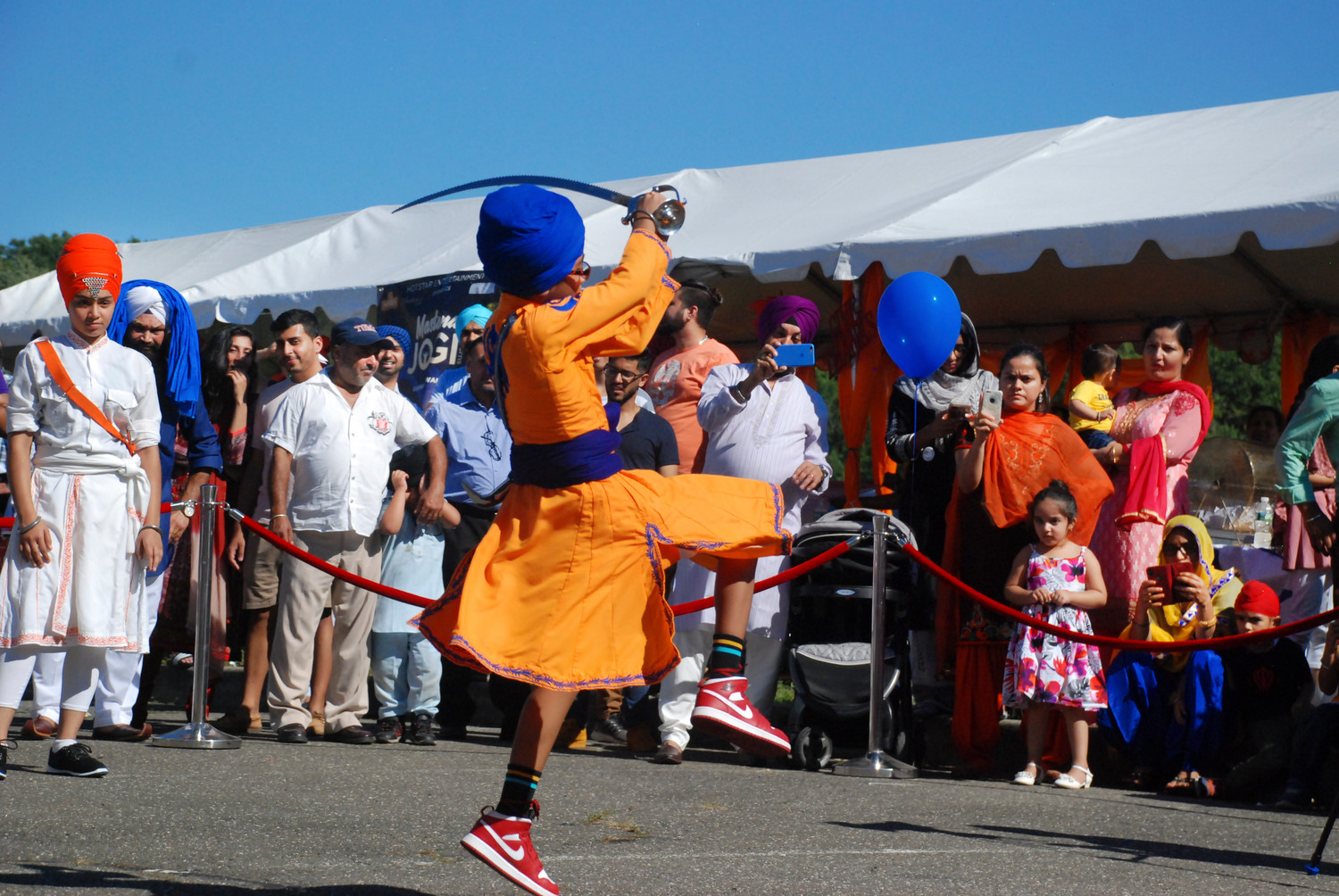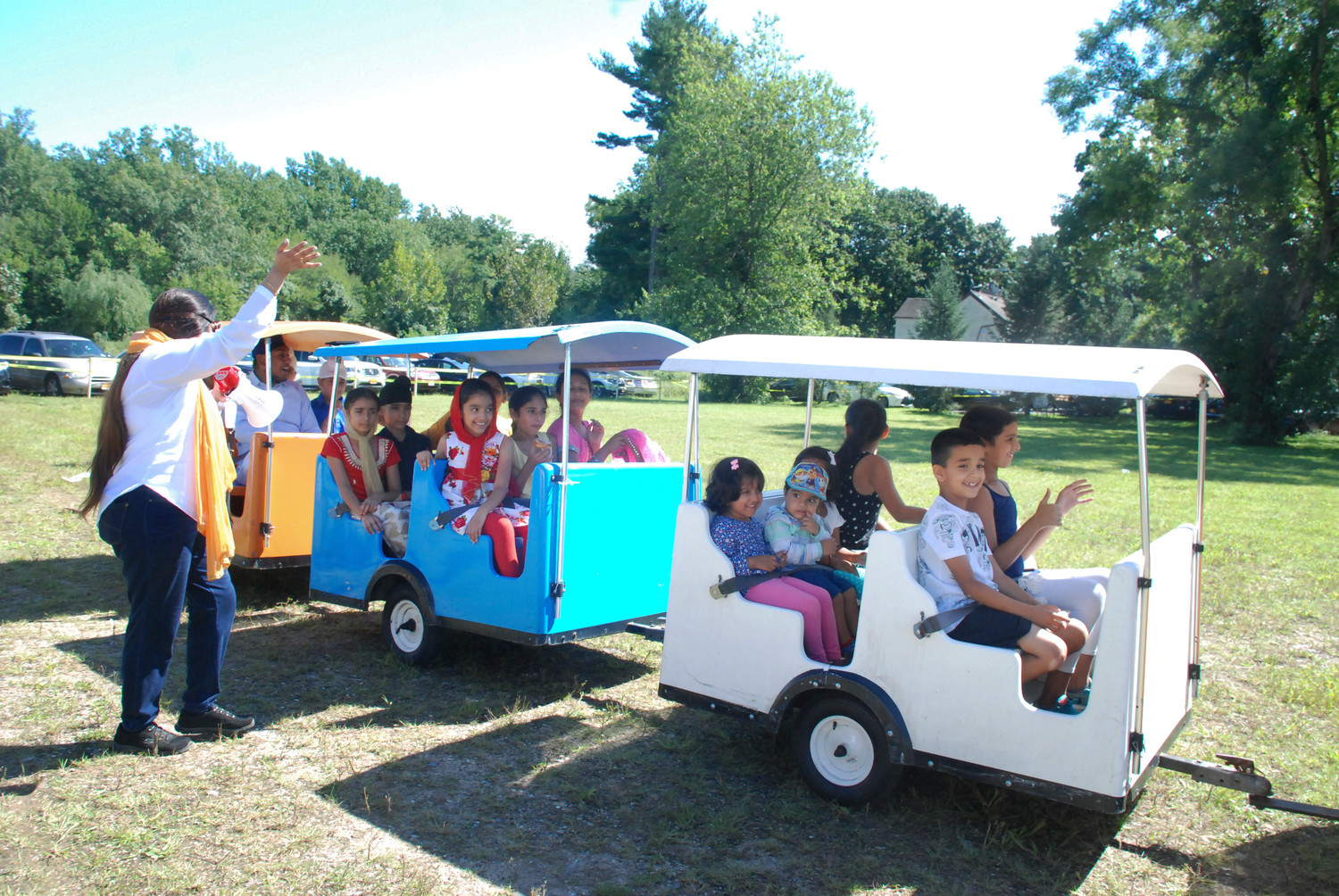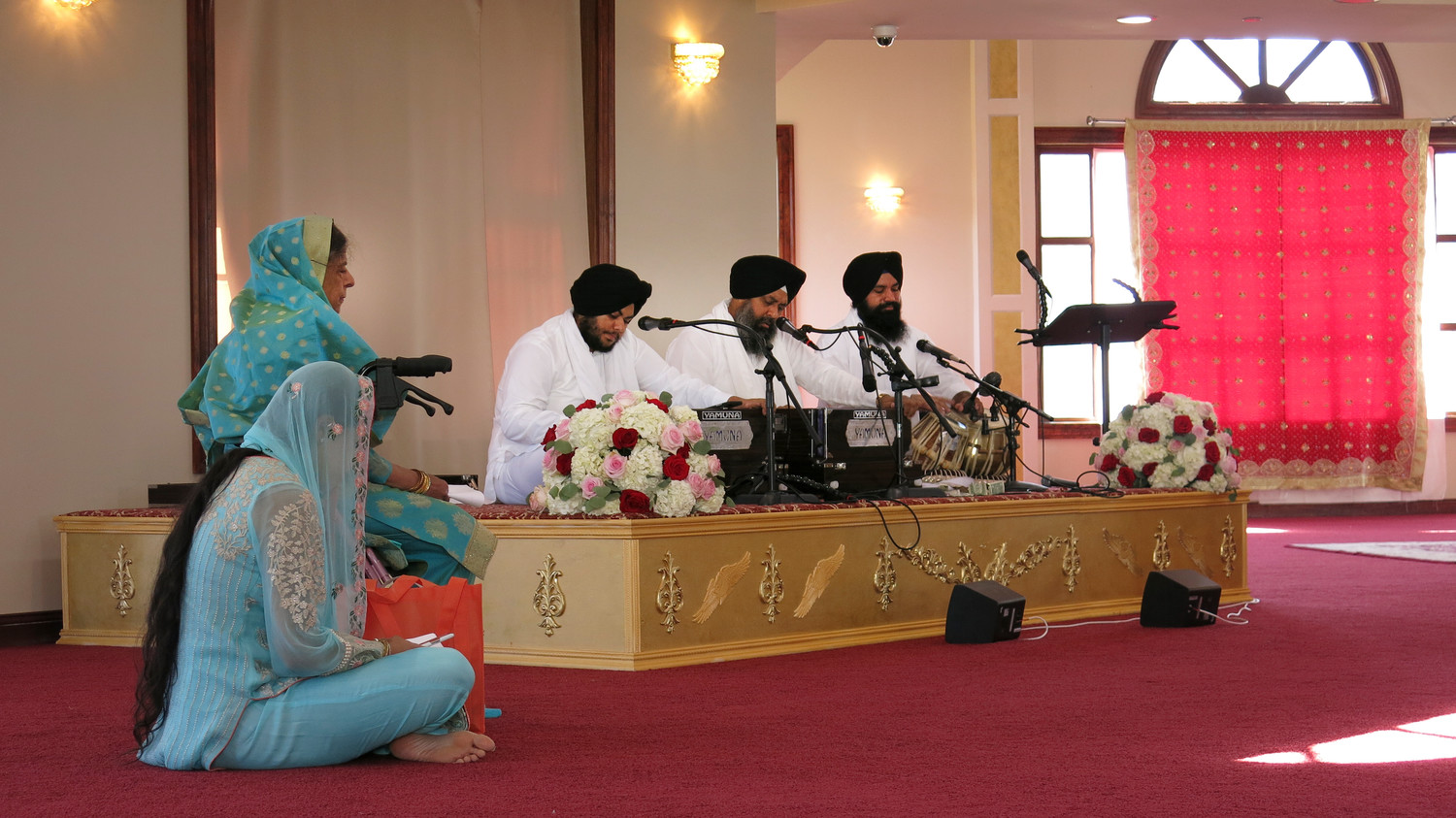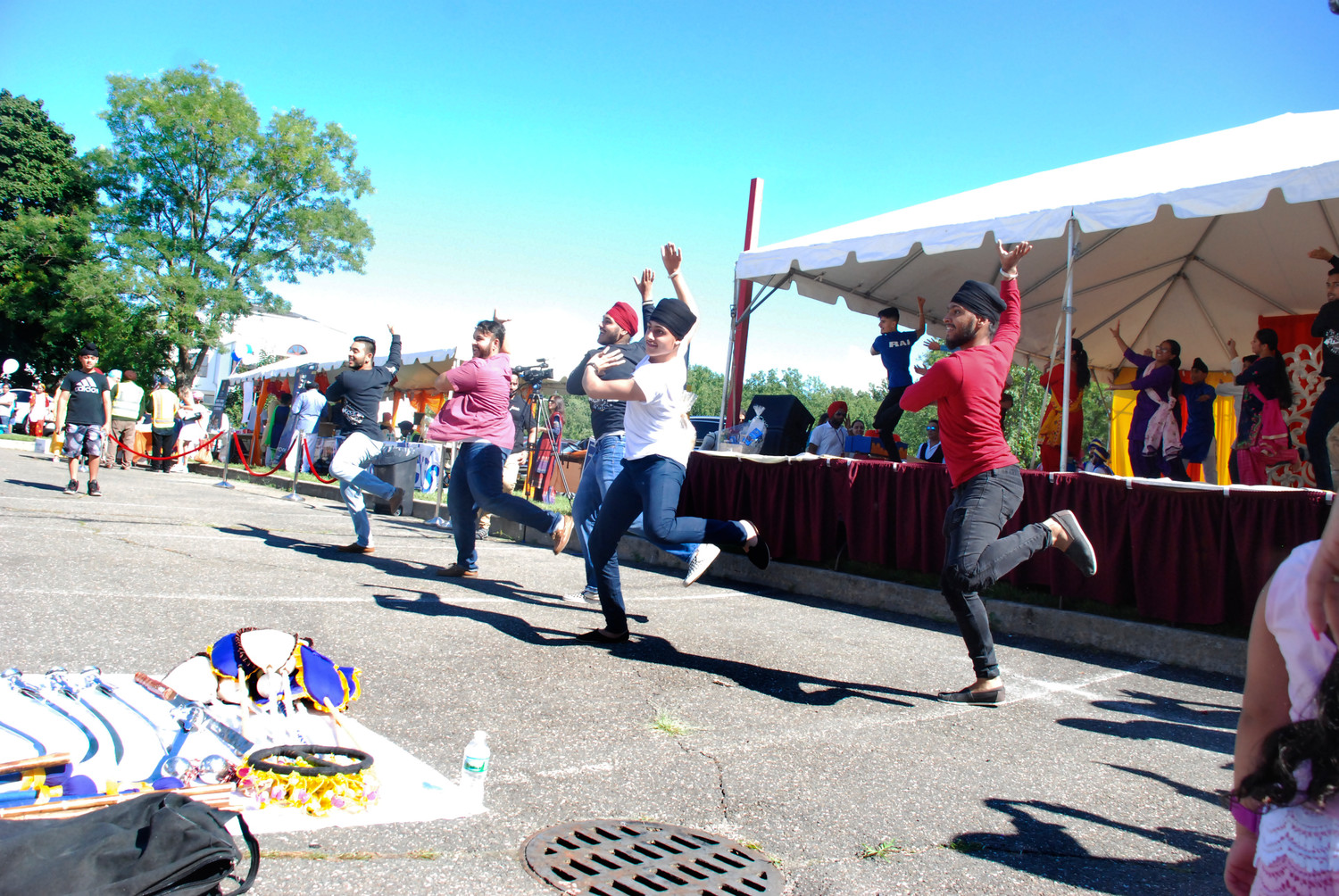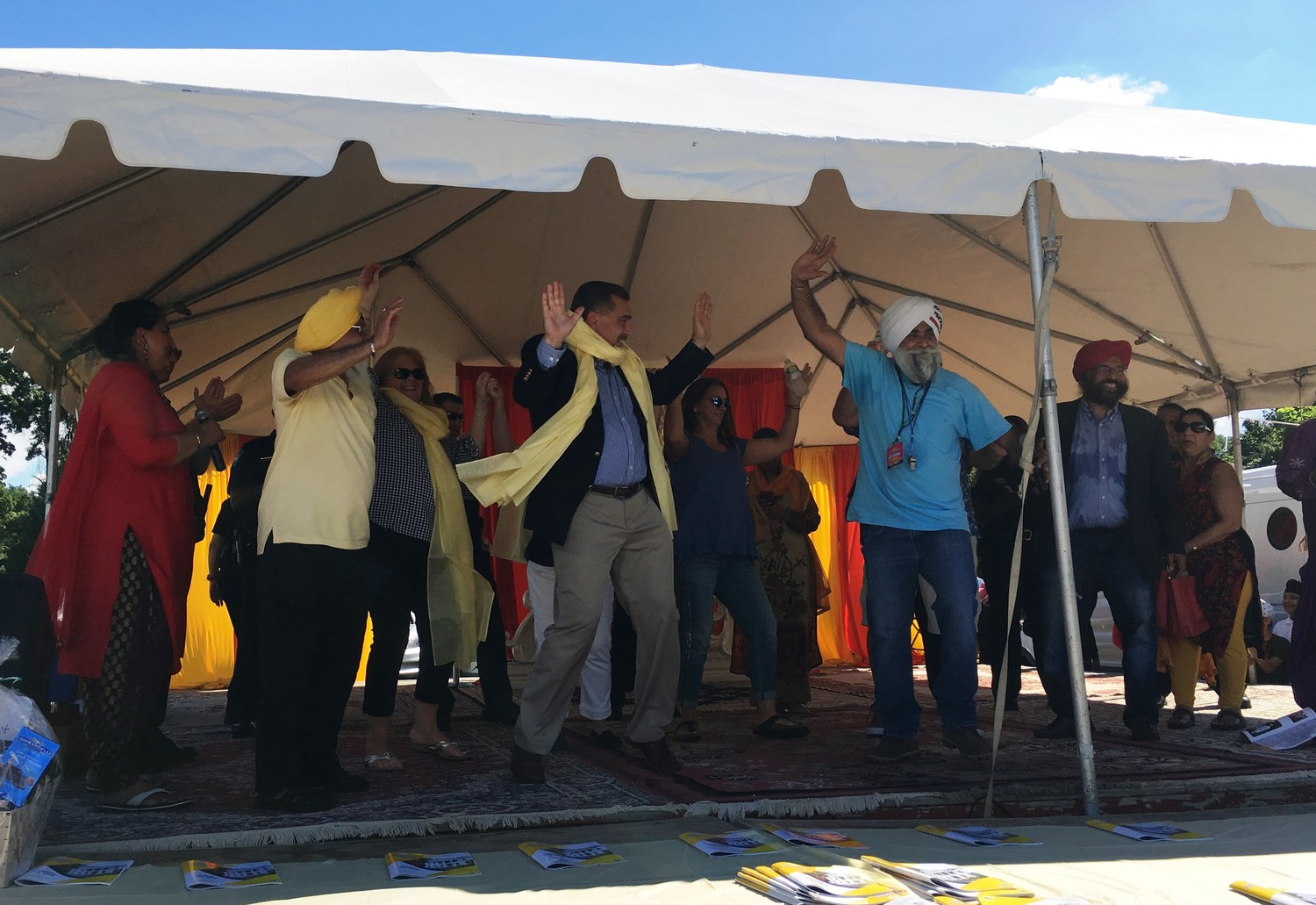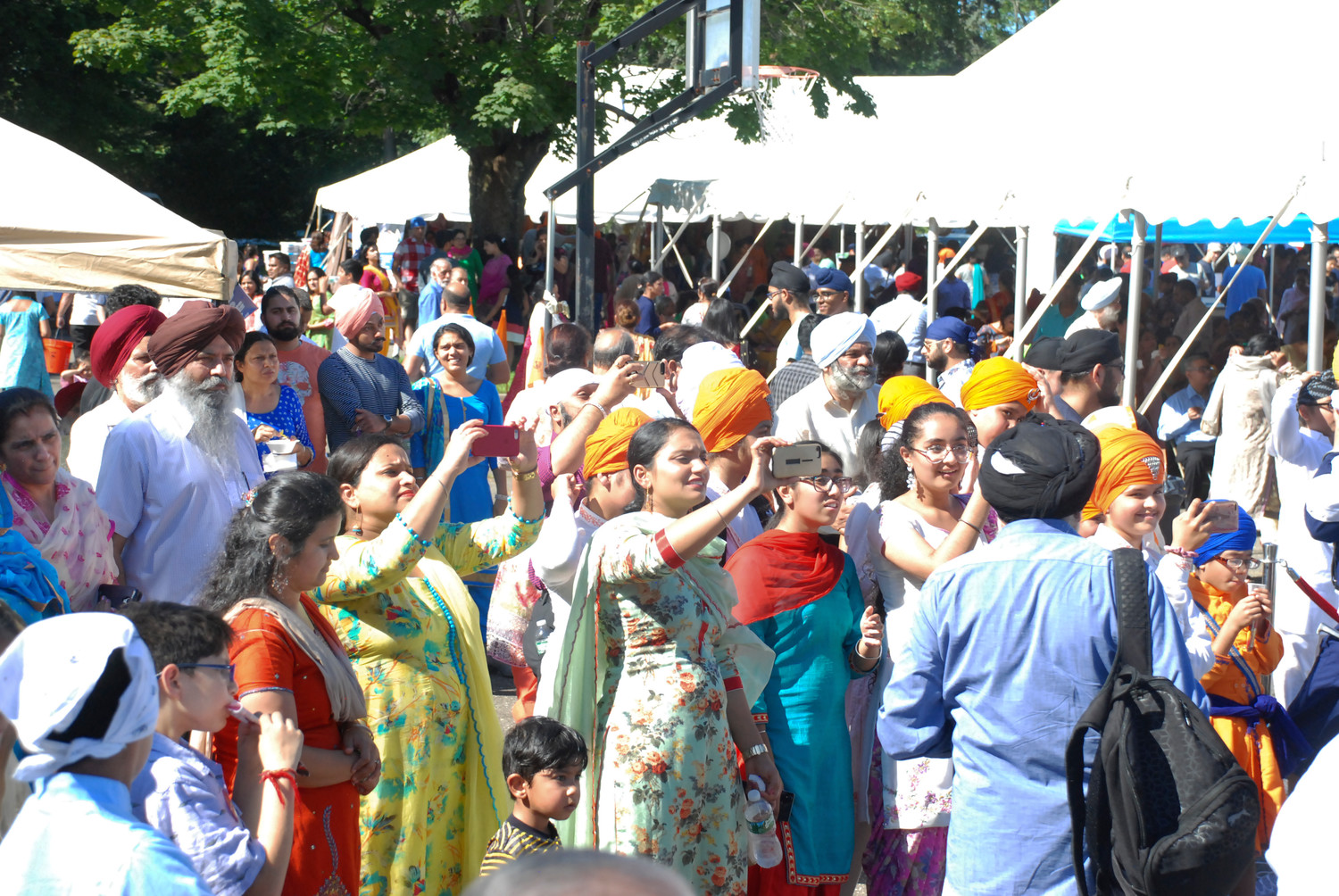Cultural exchange at Glen Cove Sikh festival
Turban Fest welcomes guests of all faiths
When a truck bound for the 14th annual Sikh Festival in Glen Cove, carrying food and other supplies, stopped at a checkpoint in South Carolina, the drivers were asked to give a number of evacuees seeking refuge from Hurricane Florence a ride to Virginia, where they could wait out the storm. The drivers, true to their Sikh faith, which demands acts of seva, or selfless service, happily complied.
The Sikh Festival is held every year at the Sikh temple, or gurdwara, of Glen Cove, one of three such temples in Nassau County. Manmeet Lamba, a Glen Cove gurdwara member, conceived of the event 14 years ago, as a way to bring her children — the only Sikhs in their elementary school classes at the time — together with others who, like them, were bound by their Sikh faith to wear turbans.
This year, the first time the event was billed as a Turban Festival, Manmeet and other gurdwara members said they hoped to attract people of all cultures, to help them understand what the turban means.
According to their religious teaching, Sikhs have a responsibility to protect those who are in danger. “It was well known in India,” where Sikhism was founded just over 500 years ago, Jasleen Sabharwal said. “People would tell their daughters, ‘If anytime you’re going down the street and you feel threatened . . . find a cabby who is a Sikh’” by looking for a turban, she added, “‘and you’ll be safe.’”
Outside India, however, people often confuse Sikhs with Muslims. In 2001, Sabharwal worked in the World Trade Center, but had not yet arrived at her office when the first plane hit the north tower on the morning of Sept. 11. She walked east, with thousands of other New Yorkers, on her way home to Richmond Hill, Queens, where she lived at the time. She said that there was dust from the building on her face and clothes, but that didn’t stop a group of high school kids from taunting her. “Hey,” they called to her, “you did it again!”
In the wake of 9/11, 41 percent of Sikhs in New York reported being called names like “terrorist” or “Osama bin Laden,” according to a 2009 study by the Sikh Coalition. It also found that 9 percent of Sikh adults had been physically assaulted.
The confusion puts Sikhs in an uncomfortable position. Because they are bound by their faith to accept people of other religions, they have to be careful when they explain that Sikhs are not Muslims so as not to sound like they are insinuating that being a Muslim is bad. The point, Rupinder Kaur said, is that “it’s not that you shouldn’t hurt me because I’m not a Muslim. You shouldn’t be having those thoughts about a Muslim, either. Discrimination,” she added, “is discrimination.”
Because Sikhism is one of the world’s younger religions, as Kaur characterized it, its founders had the opportunity to take the best values — like radical compassion and honest, hard work — from older faiths, and leave aside dogmas like gender inequality and the distrust of outsiders.
In fact, many Sikh traditions focus on helping outsiders. Langar, for example, is a tradition in which visitors are invited to join Sikhs for a meal, regardless of their religion, gender, age or ethnicity. Langar meals must always be vegetarian, not because Sikhs are strict vegetarians — “Oh, we eat meat,” Sabharwal said — but because in India, many langar guests would be vegetarian Hindus.
The festival itself was essentially a large langar. Thousands of people, Sikhs from around Long Island as well as visitors, milled around the grounds of the gurdwara. The smell of Indian spices and frying oil emanated from a large white tent in the temple’s parking lot.
The dishes prepared there featured tangy, spicy and sweet flavors, often blended in offerings that were simultaneously light, refreshing and substantial. Highlights included a sweet dessert, jalebi, a thin-dripped funnel cake that is candied in boiling sugar water after it is fried; a spicy, deep-fried mashed potato patty called tiki; and tamarind water, a spicy-and-sour chilled beverage to wash it all down.
The standout dish was Kaur’s street-style bhutta, corn on the cob. The curry that she slathered with butter onto ears of grilled corn would have been too much to bear in the heat that day, but the chill sour of the lemon juice that accompanied it made the sweet cob delicious.
Other than a parking kerfuffle that left several visitors’ vehicles trapped in the parking lot for hours, the event went smoothly. Traditional dance troupes and musicians playing Indian tablas and harmoniums performed. A group of children and teens demonstrated their skills in gatka, a martial art that makes use of swords, demonstrating that Sikhs still live up to their moniker, “soldier-saints.”

